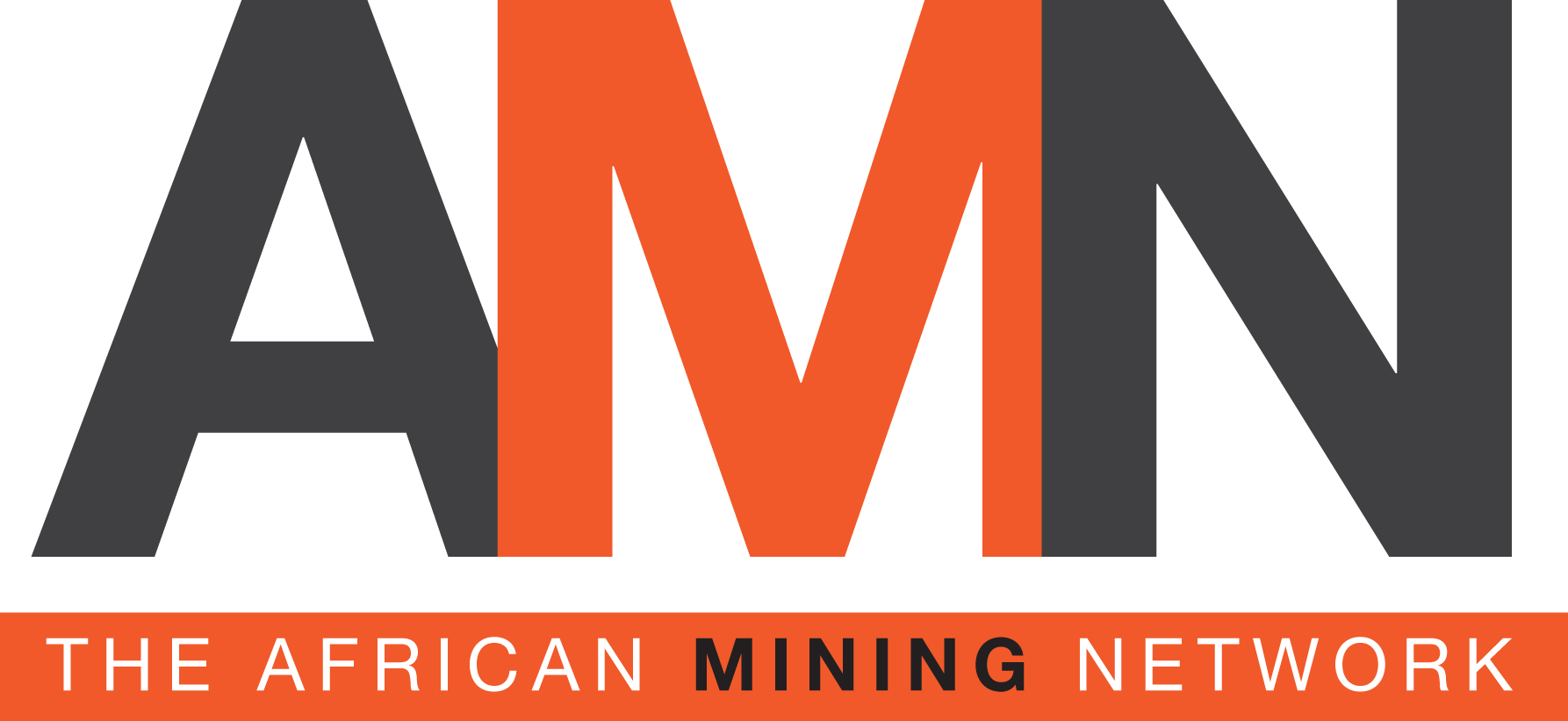- Yolanda Torrisi
- +61 412 261 870
- yolanda@yolandatorrisi.com
- Nina van Wyk
- +27 82 926 3882
- nina@africanminingnetwork.com
![]()
The political environment in Africa has generally stabilised and sovereign risk linked to mining investment in the continent has eased, which means the continent is more attractive to those wishing to part with their funds by investing in mining. However, the increasing trend for countries to seek more revenue from mining threatens to dampen the positive vibes.
According to PwC partner Ben Gargett, an expert on African resources sector taxation laws, the timing of the improvement is ideal as it coincides with the global resurgence of the mining sector, which has been a key driver of economic growth on the continent.
Speaking at the Paydirt 2017 Africa Down Under conference in Perth, he said despite the challenges the industry had faced in recent years, increasing commodity prices, the levels of global investment pouring back into resource projects, and the market rebound for mining services companies, showed positivity had returned.
This means that opportunities abound for African countries to capitalise on this market environment and attract the capital to develop the resources of their continent.
However, Ben Gargett warned that governments were increasingly looking for larger returns from mining through increased taxes, royalties and/or increased free-carry stakes in the mines themselves, and this threatened to take the gloss off the degree of positivity.
He said as governments grappled with the challenges of a lagging fiscal return to current positive market conditions, the resource nationalism trend was akin to ‘taking two steps forward and one step back’.
He used the conference to unveil PwC’s latest report, ‘Two steps forward, one step back – the African tax landscape’, an economic analysis of a standard gold mine operating under the same conditions, with the same assumed capital and operating costs, across four different African countries - Tanzania, Namibia, Ghana and Egypt.
Analysis by PwC shows that Namibia continues to be the only country which generates a sufficient Internal Rate of Return (IRR) to allow a clear decision for the mine to go ahead. The same analysis shows no mining project would be viable in Tanzania given its recent changes to its tax laws.
“The current fiscal regime makes the project marginal in Ghana where the IRR threshold is just below the target threshold of 25%,” Ben Gargett said. “Whereas significant changes to the tax regime in Tanzania have resulted in Tanzania having an IRR of just 18.3% - which would mean there would be no viable project in Tanzania. Egypt, on the face of it, also has an IRR below the required investment threshold of 25%.”
He said the question remained – how do African countries capitalise on the positive market conditions to strike the right balance between tax and revenue measures, while still allowing sufficient return on the capital invested by miners to allow these investment to occur in the first place?
He also pointed out that while the mineral resources in the ground are not mobile, the capital that funds the development of those resources is. “So the race is on between nations to attract the investment dollar.”
Yolanda Torrisi is Chairperson of The African Mining Network and comments on African mining issues and the growing global interest in the continent. Contact:yolanda@yolandatorrisi.com

